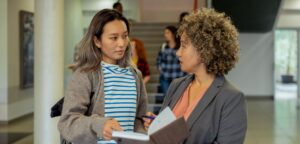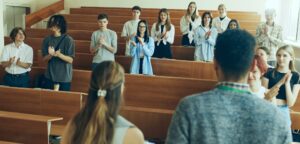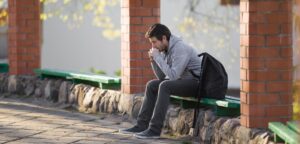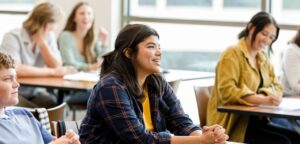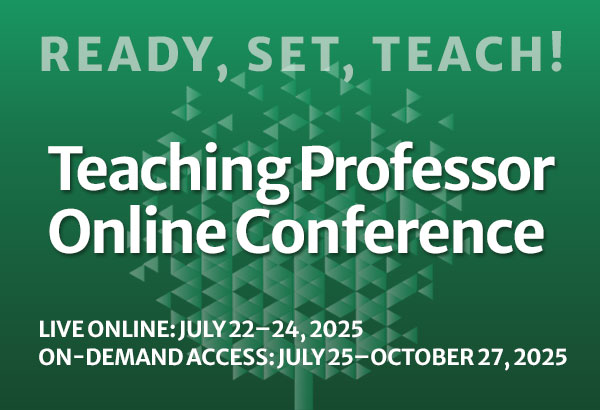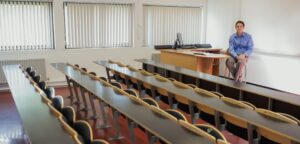
If They Come, They Will Build It: On Fostering Attendance
Every fall term since the start of the pandemic, I’ve expected that students will come to class with more energy than the semester before. Yes, Zoom classes and the fear of contagion changed our experiences of higher education, but as the distance from the initial





